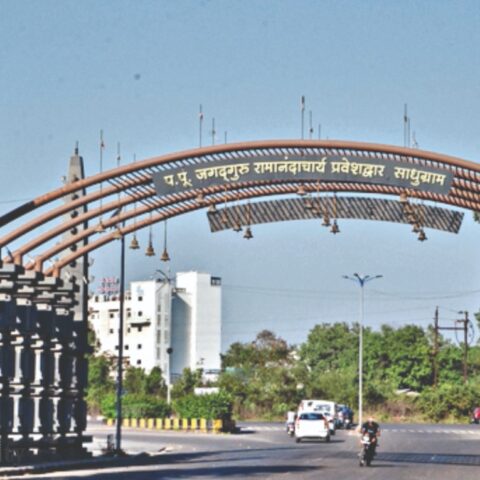
Looking to push for faster resolution and completion of stressed housing projects, the government has asked banks to compile and share a list of stalled legacy projects under the SWAMIH fund.
After discussions with all stakeholders, it was pointed out that procedural delays were the primary reason behind the lower exposure of public sector bank (PSB) projects under the Special Window for Completion of Construction of Affordable and Mid-Income Housing Projects, or SWAMIH, fund, said two people familiar with the matter. “There are significant shortcomings in the unilateral approach through existing regulatory mechanisms to find resolution for such projects,” said an official, adding that the government received feedback that although the SWAMIH fund has been successful over the years, scaling up is an issue, considering the large number of stalled projects.
Lenders will also share their feasibility reports with the fund, which provides finance for the completion of stressed projects, the above quoted official said. As per latest data, SWAMIH-I has returned over 25% of drawn capital to its investors and completed over 26,000 apartments.
This follows an amendment by the Insolvency and Bankruptcy Board of India in regulations barring liquidators from sale of housing units already allotted and in possession as part of the liquidation process. “Another suggestion was that information on the progress of the SWAMIH fund may also be shared with all the concerned stakeholders,” said another executive aware of the deliberations held over the last two months.
Earlier, the Indian Banks’ Association (IBA) estimated that 412,000 stressed dwelling units involving ₹4.08 lakh crore are impacted by stalled real estate projects. About 240,000 stressed dwelling units are in the national capital region, according to a report by a committee headed by former NITI Aayog CEO Amitabh Kant.
Separately, banks have reached out to the RBI to seek exemption for the SWAMIH fund from the December 2023 guidelines that restrict investments of regulated entities in alternate investment funds (AIF), which directly or indirectly invest in companies where the investing regulated entity has either lent or invested.
“We have sought exemption on the grounds that SWAMIH fund has been sponsored by the government,” said a senior bank executive, adding that the fund has regulated entities as its investors and that there can be challenges to the fund’s continuity and operations if such an exemption is not given. State Bank of India, Life Insurance Corporation of India and HDFC are major sponsors of the fund.









